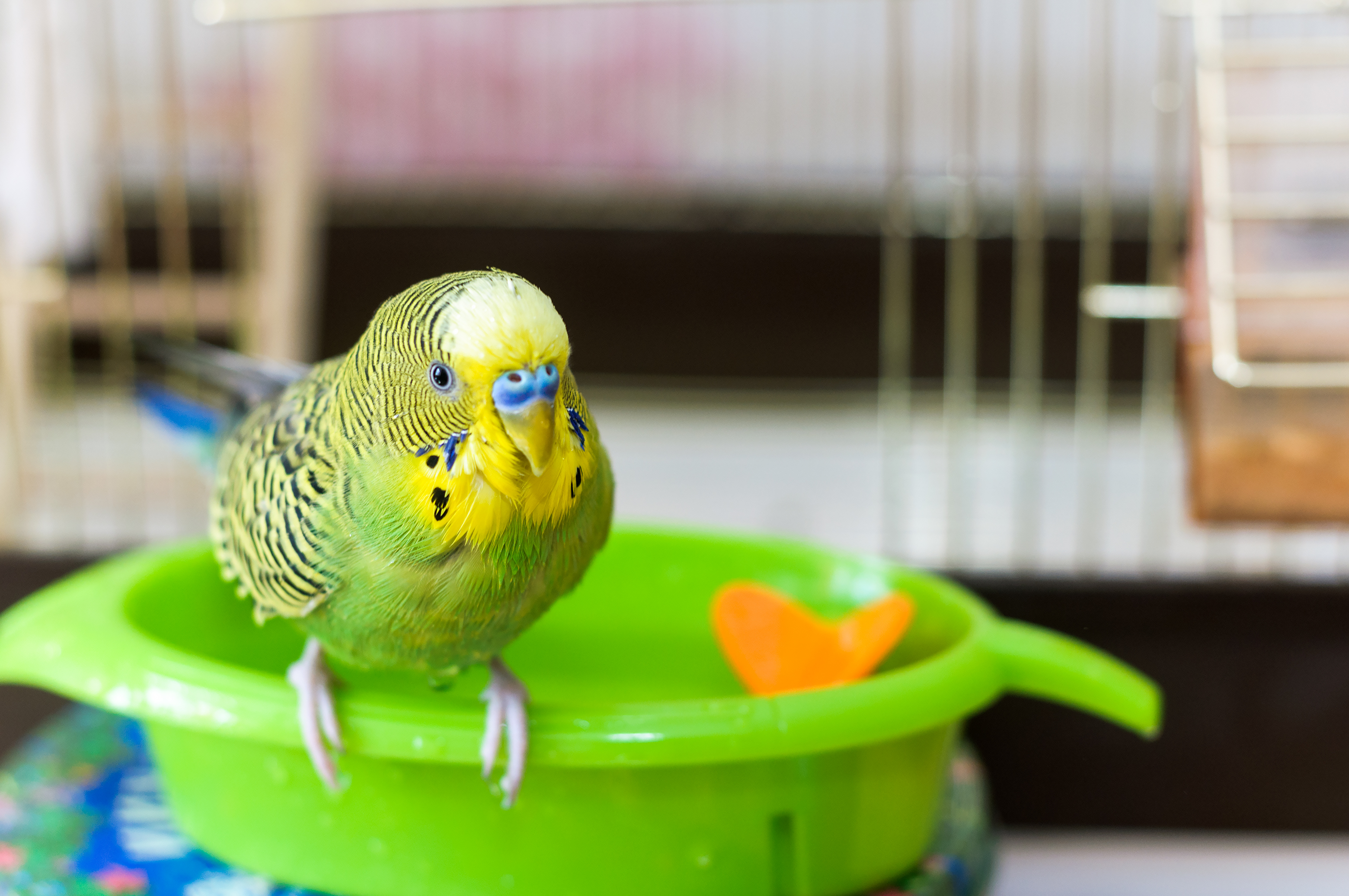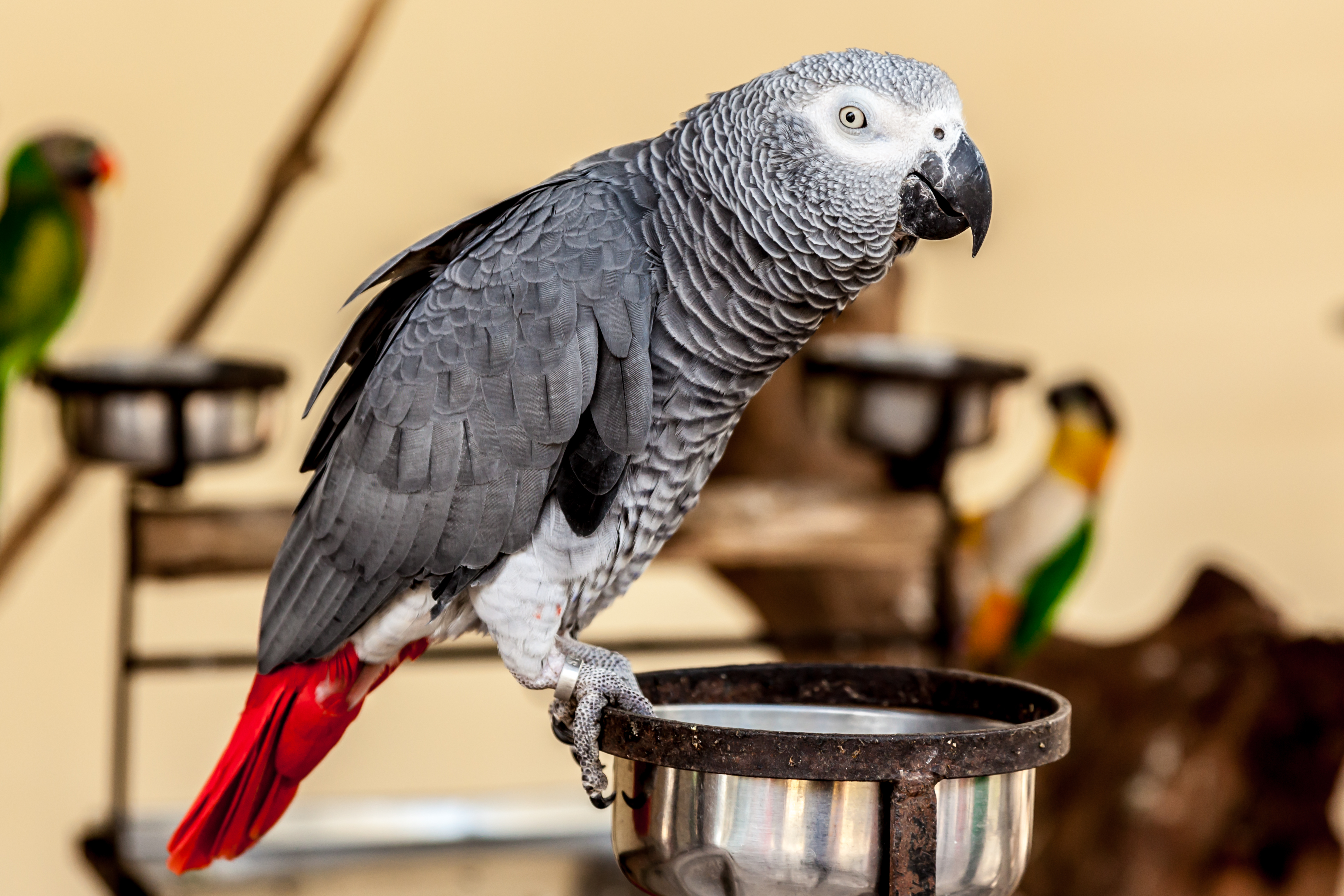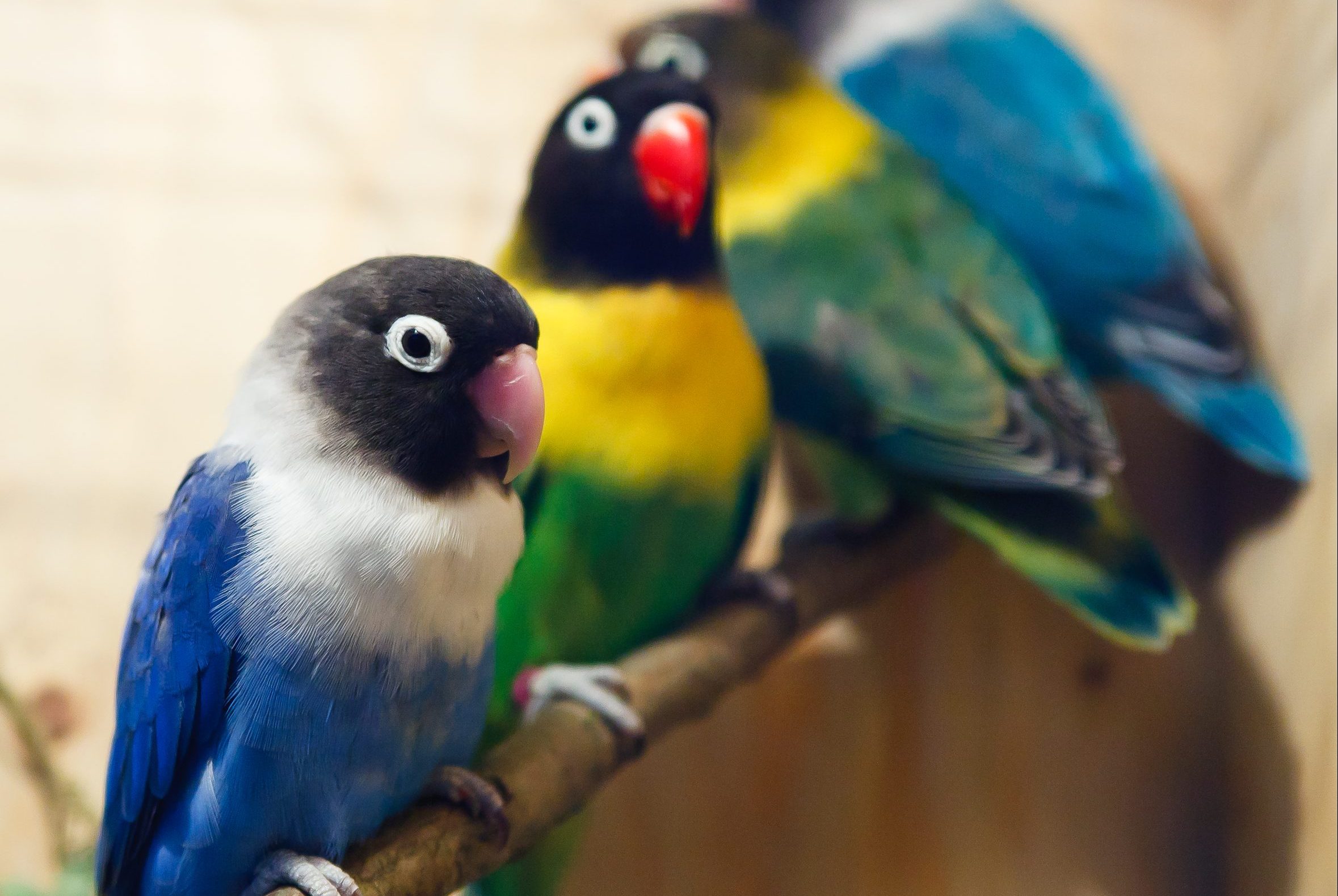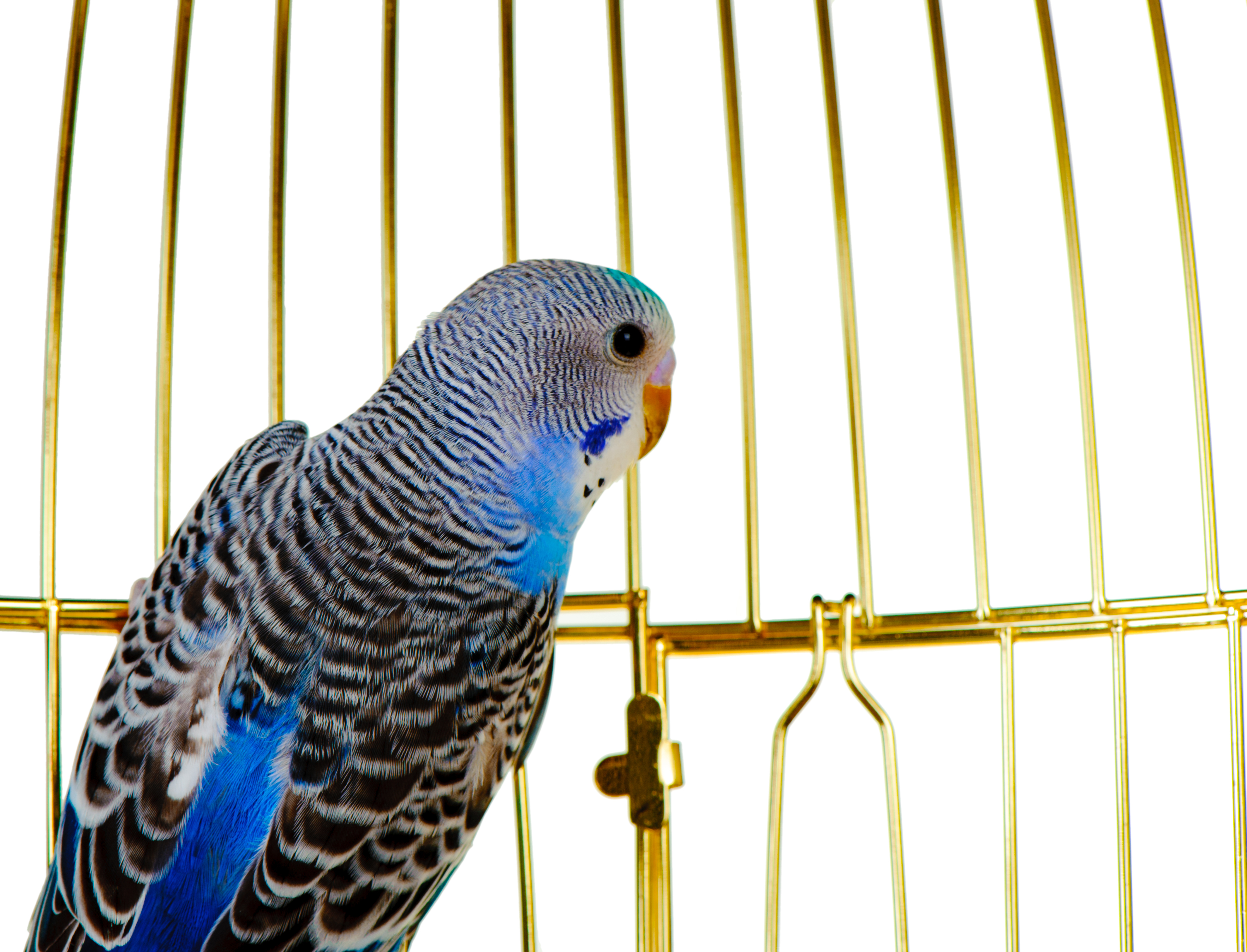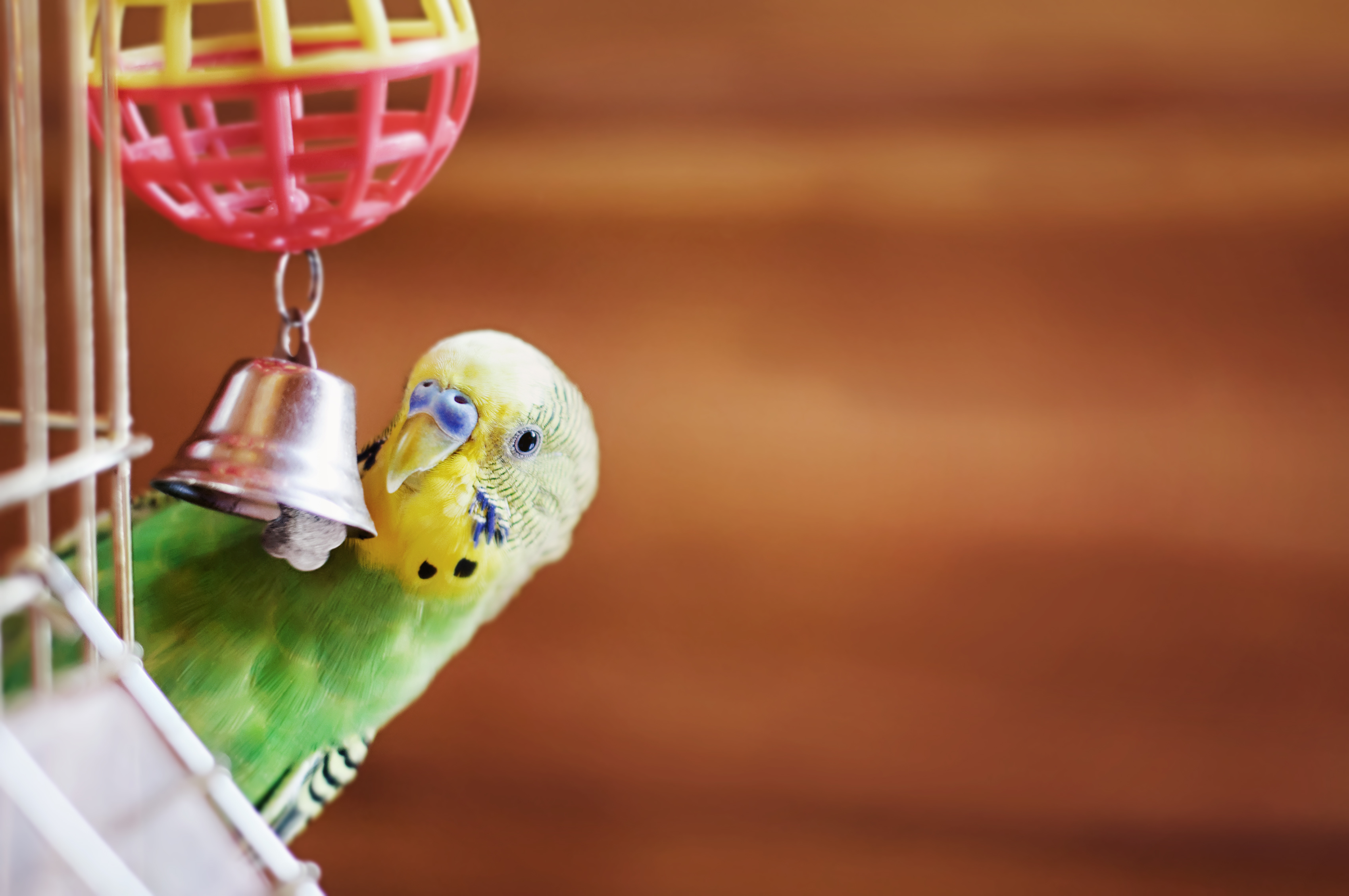Less Is More
Pet Age Staff //April 24, 2013//
As owners become more cognizant of what they are putting in their bodies, they are also becoming more aware of what they are giving to their pets.
While many times dog and cat treats get all the attention when talking about the natural category, there is a strong consumer base looking for the same human-grade, no preservatives or additive treats for their bird, too. 
With natural treats gaining more and more popularity, large and small companies alike are jumping on the bandwagon.
“What makes a treat ‘natural’ is that it contains no artificial colors, no added sweeteners and contains real fruits and vegetables,” Mary Ellen Kaminski, merchandising manager for Drs. Foster & Smith, said. “Baked Birdie Munchies are baked cookies made in three delicious flavors — Cran-Blueberry, Tropi-Fruit Medley and Veggie Delight — that are received well by birds.”
These biscuits are sized appropriately for larger breeds, but are easily broken into small bite-sized pieces for smaller birds. They come in handy when using treats for training purposes, cutting down the time between the bird’s desired behavior and the reward.
The Tropi-Fruit flavor includes fresh ingredients such as mango and papaya, while the Veggie Delight features split-pea, pumpkin, and sweet potato. Regardless of the flavor, Baked Birdie Munchies contain no added sugars or dyes.
Another natural brand carried by Drs. Foster & Smith is Harrison Power Treats, Kaminski said.
“Harrison Power Treats have certified organic ingredients for the pet owner who wants to provide a well-rounded treat,” she said. “These treats include Brazilian red palm fruit oil, nuts, seeds, veggies and more. They are formulated to support skin and plumage health.”
The small sized treats provide an extra boost of energy for birds who are weaning, going through a diet change or who are recovering from illness or injury. Other ingredients found in the Power Treats are alfalfa and spirulina, which offer a balance of fatty acids and antioxidants to aid the bird’s immune system.
Using natural treats helps to round out a bird’s seemingly bland diet and acts as an exciting reward when training. Since seeds are high in fat, offering fresh fruits and vegetables aids in balancing a bird’s nutrition.
Fresh foods are a staple of an avian diet, but can get messy or spoiled if left out too long. Natural treats, in biscuit or pellet form, provide an alternative while containing the same vitamins and minerals in compact morsels.
“For birds that are challenged with obesity, treats can be low calorie yet satisfying in the way of taste,” Melanie Allen, avian product specialist for the Rolf C. Hagen Corp., said.
Dr. Greg Burkett, DVM, from The Birdie Boutique, recommends treats from the Lafeber Company.
“The company has excellent quality control and provides only the freshest products,” Burkett said. “I also recommend Goldenfeast products. Each blend contains 30-40 ingredients, all human grade and fresh. Roudybush also offers a selection of healthy treats, too, like Tuscan Recipe and Orchard Harvest Soak and Cook mixes.”
Goldenfeast boasts a laundry list of unprocessed ingredients in each of their avian treat products, some of which include soy beans, chick peas, green cabbage, Goji berries, red and green grapes, and chives.
Each bird owner is different, and an exact treating schedule is dependent on the species.
“Treats are a great way to interact with your bird, but remember, treats should make up less than 10 percent of your bird’s daily intake,” Kaminski said.
The bottom line remains the same. Treats are a great way to spice up a bird’s diet and provide physical interaction, bonding and mental enrichment when used during training exercises, but don’t overdo it.
– Erin Salley is a freelance writer and customer service manager at Wyvern Consulting LTD. She lives in Pennsylvania with her fiance and all her rescue animals.





